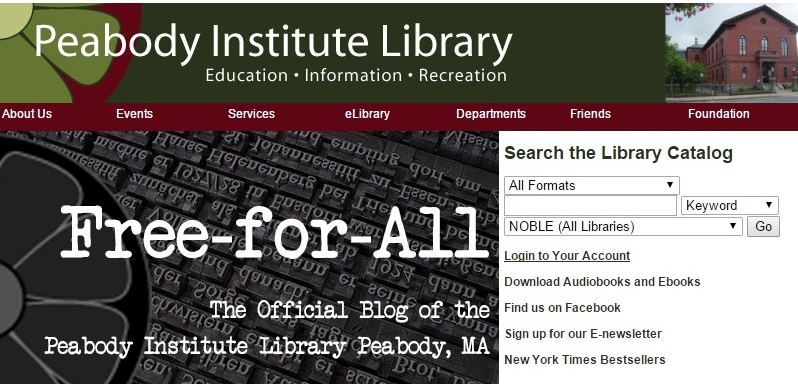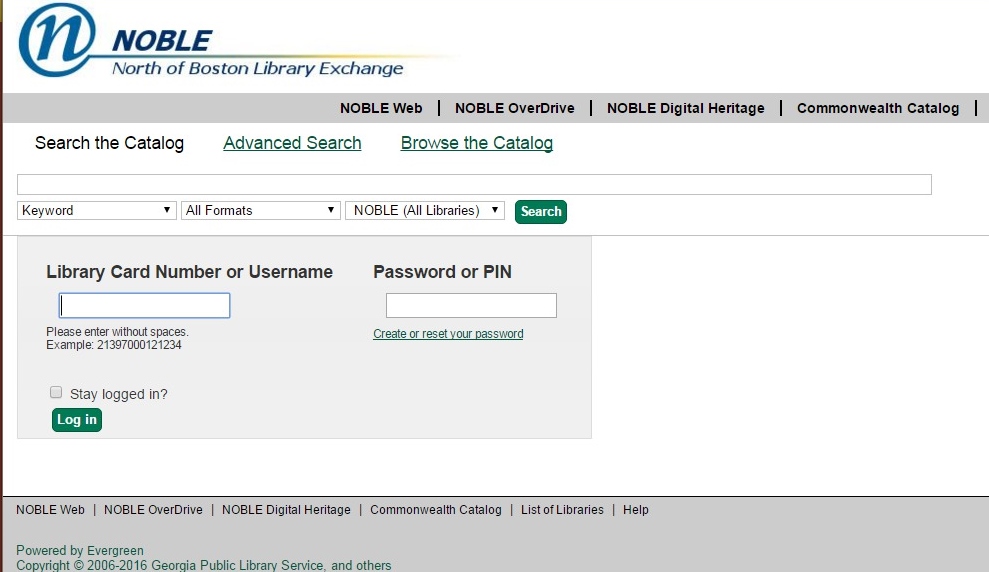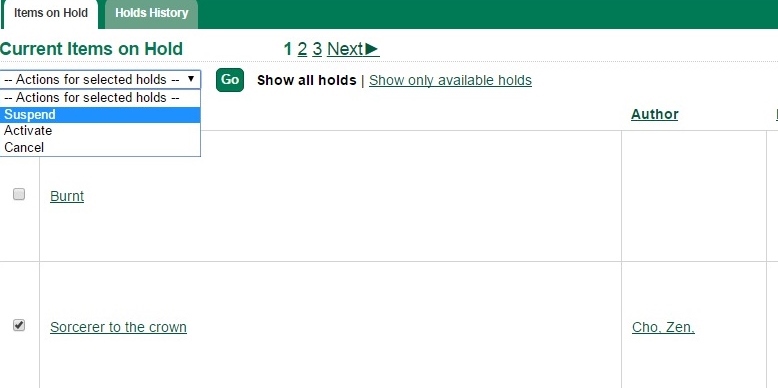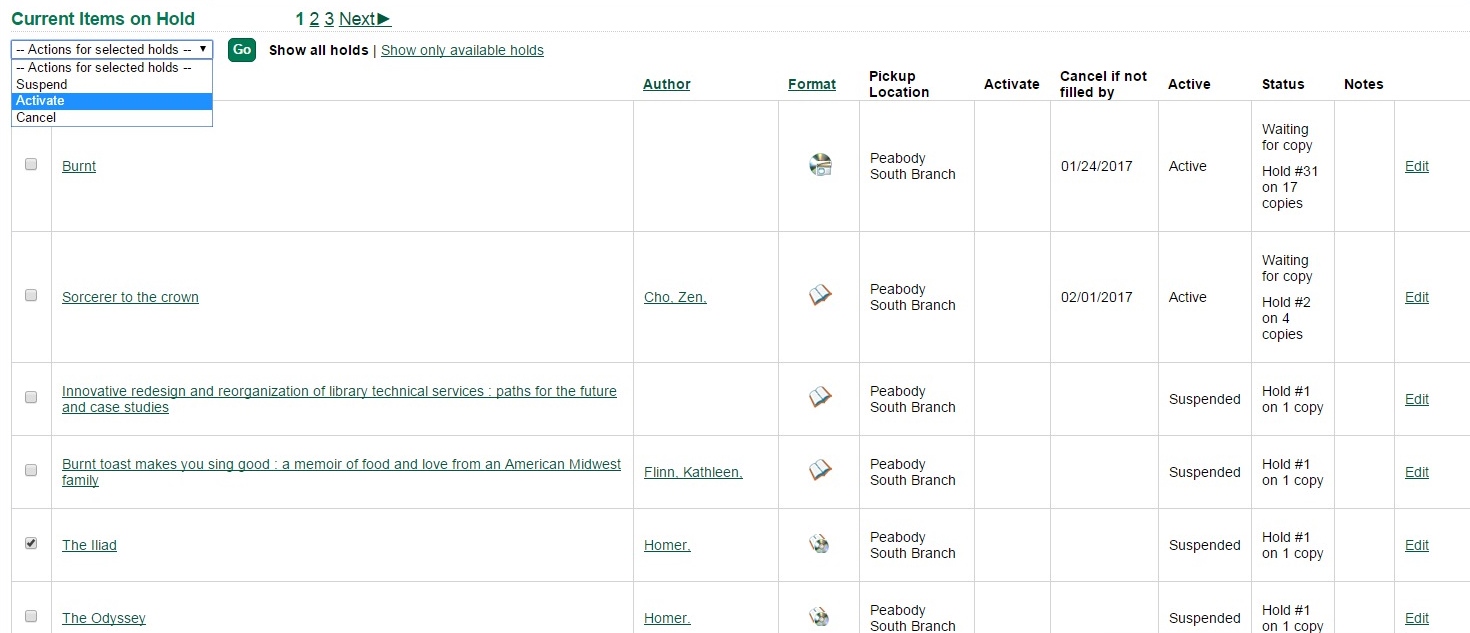I’m guessing by now that readers of Free For All recognize that we here at the blog love books, and reading and clearly, we love talking about books. For a while (OK, still, but we’ve managed to control ourselves recently) blogger-in-chief Arabella and I couldn’t stop talking about Susanna Clarke’s wonderfully magical tome, Jonathan Strange & Mr. Norrell and its equally wonderful and magical BBC television adaptation. So imagine my reaction when in my bookish wanderings on the Internet and on a podcast I happen to love, I found people who didn’t love Jonathan Strange.

I understand that an 800+ page book isn’t necessarily everyone’s cup of tea and people who don’t have the time or the patience for such an undertaking wouldn’t find it enjoyable. I had reasonable expectations that not *everyone* would love the book as much as I did and there are plenty of people to whom I wouldn’t have recommended this book, no matter how amazing I found it. But the people I discovered who didn’t like this JS & MN were bookish people, people whose opinions of books I respect and admire, people who have similar taste in books as I do! So what happened? Where did we go wrong?
While some might consider my reactions odd, there are perhaps a few of you who sympathize with the brief moment in which I went into a sudden, gasping paroxysm, mentally screaming Blasphemy!, it’s natural to become attached to something about which you feel strongly, and just as natural to want others to feel the same way you do. So what to do when you find yourself at odds with someone over a favorite book?
We’ve offered some bookish counseling on what to do when books turn on you and when they offer unsatisfying endings. We’ve guided you through love triangles and encourage you to freely indulge in romance and other genre fiction. So I think the time has come to offer some tips on what to do when your fellow book lovers don’t love your favorite book in return:
 – Breathe– This is generally a good step for any stressful moment (and yes, books can cause stressful moments) as it allows you to take a beat and regroup.
– Breathe– This is generally a good step for any stressful moment (and yes, books can cause stressful moments) as it allows you to take a beat and regroup.
 – Remember the good times – This goes for the book in question and for your relationship with the offending bibliophile. There were reasons you love this book; relish those (also see the next step). You may also want to re-read the book to bring those memories flooding back. There are also reasons why you originally valued the opinion of whoever it is you happen to disagree with at the moment. Maybe they led you to some great reads or you’ve shared many books in common in the past. It’s good to remember why you’ve come to value that person/blogger/voice’s opinion in the first place.
– Remember the good times – This goes for the book in question and for your relationship with the offending bibliophile. There were reasons you love this book; relish those (also see the next step). You may also want to re-read the book to bring those memories flooding back. There are also reasons why you originally valued the opinion of whoever it is you happen to disagree with at the moment. Maybe they led you to some great reads or you’ve shared many books in common in the past. It’s good to remember why you’ve come to value that person/blogger/voice’s opinion in the first place.
– Never defend; never excuse – There’s no need to defend your book choices because, as we’ve already discussed here on the blog, you have the right to read whatever you choose and the right to enjoy whatever happens to ring your individual bell. Just because someone else doesn’t like it, doesn’t mean that your enjoyment of the book should be diminished in any way.
 – Don’t forget empathy– While someone’s dislike of one of your favorite books may feel like an affront to your very soul, remember that there may be books you don’t like that cause contention with those who respect your reading opinion. Remembering this affronted feeling can help you understand the other side of things. A dear friend and I enjoy many of the same books, but are consistently at odds about J.R.R. Tolkien . She adores him and I have no good things to say about what I’ve read of him. We just consider this difference something that keeps our friendship interesting . After all, how boring would life be if everyone agreed on everything?
– Don’t forget empathy– While someone’s dislike of one of your favorite books may feel like an affront to your very soul, remember that there may be books you don’t like that cause contention with those who respect your reading opinion. Remembering this affronted feeling can help you understand the other side of things. A dear friend and I enjoy many of the same books, but are consistently at odds about J.R.R. Tolkien . She adores him and I have no good things to say about what I’ve read of him. We just consider this difference something that keeps our friendship interesting . After all, how boring would life be if everyone agreed on everything?
 – Move forward – This can be difficult if you consider a book you particularly love as part of intellectual and/or emotional makeup, but finding new common ground with your fellow book-lover shows that you have the courage to accept someone’s difference of opinion and still find other ways to consider his/her input valuable.
– Move forward – This can be difficult if you consider a book you particularly love as part of intellectual and/or emotional makeup, but finding new common ground with your fellow book-lover shows that you have the courage to accept someone’s difference of opinion and still find other ways to consider his/her input valuable.
The truth is that books and reading are intensely personal experiences, so it’s perfectly natural to find attachments to them. Brian Kenney recently encouraged the revival of libraries as places for books and reading recommendations (amongst all of the other wonderful things libraries do) in his Publisher’s Weekly “Libraries” column. Part of his reasoning was because of the power of reading; he said “When a reader engages with a text, her own experiences interact with the narrative to create something entirely new. This is what makes reading so rewarding: we each create our own distinct versions of the books we read.” This means that even the people who share a deep love for the same book, may still do so for different reasons. Part of the reading experience is being exposed to different points of view and those points of view, even if you don’t necessarily agree with them, can broaden your horizons and bring new perspectives to your reading. You never know, you might even find new reasons for enjoying one of your favorite books!

This week, dear readers, instead of recommending new books, I recommend you re-read your favorite book and rediscover why you love it (or maybe find more, new reasons to love it), so the next time someone doesn’t love your favorite book back, you can still hold on to why that book is so dear to you in the first place.
























 This weekend, dear readers, I invited you to take a step towards easing that poetical anxiety and simply read a poem. Bonus points if you read it out loud, triple score if you read it out loud to someone else. Pick one, pick a few, just pick something that resonates with you and sparks an interest. Feel free to laugh! Poetry doesn’t have to be serious, but, as the Pinsky title intimates, it should always be something pleasurable and enjoyed.
This weekend, dear readers, I invited you to take a step towards easing that poetical anxiety and simply read a poem. Bonus points if you read it out loud, triple score if you read it out loud to someone else. Pick one, pick a few, just pick something that resonates with you and sparks an interest. Feel free to laugh! Poetry doesn’t have to be serious, but, as the Pinsky title intimates, it should always be something pleasurable and enjoyed.

















